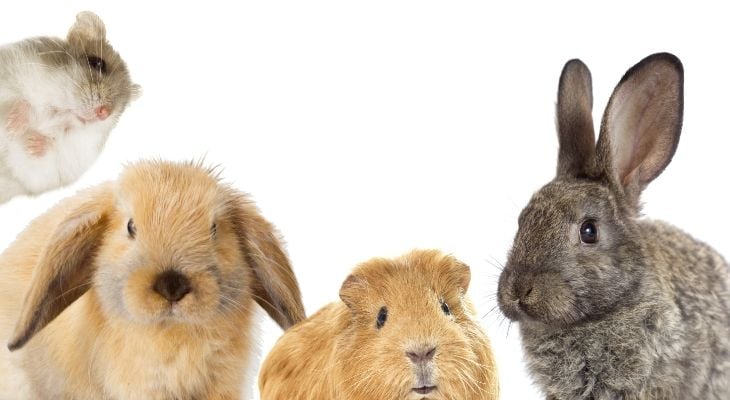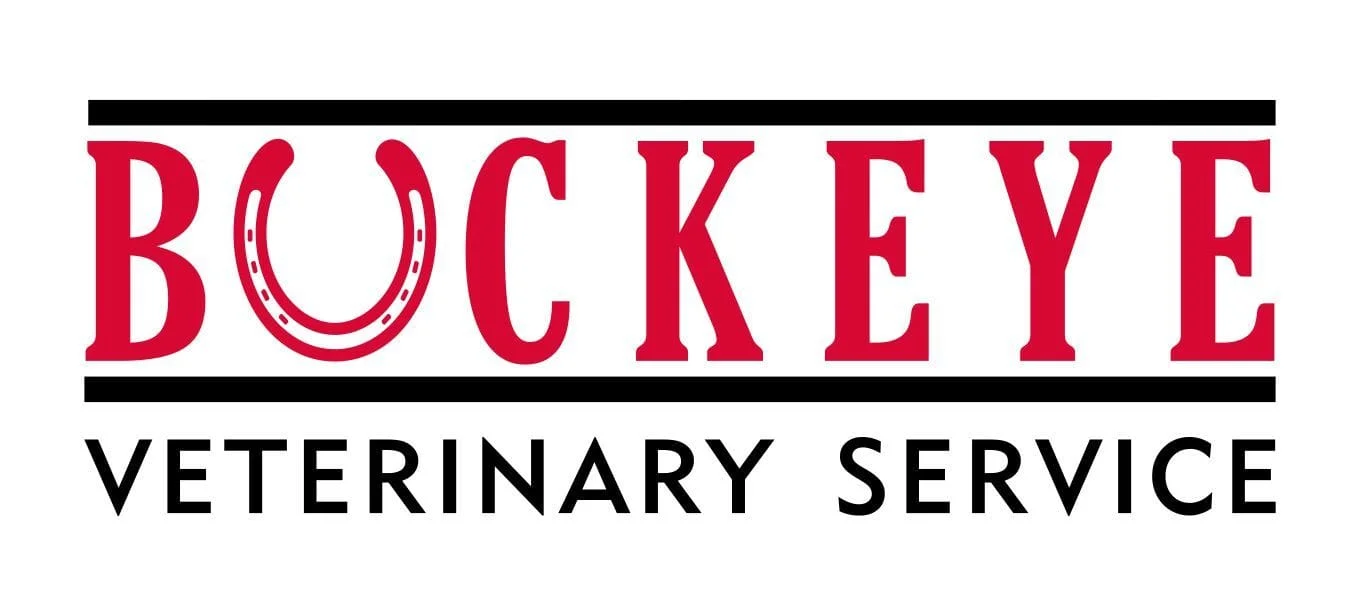Arthritis has several names — degenerative joint disease, osteoarthritis — but, whatever you call it, your horse has stiff and painful joints. This common chronic condition often affects older horses, as the cartilage around their joints deteriorates, especially around their knees, coffins, fetlocks,
Read more

Although small mammals are cute and tiny, they can be a big responsibility. If you’re interested in owning a chinchilla, ferret, hamster, hedgehogs, gerbils, guinea pigs, rabbits, rats, and other small mammals, it’s important to learn how to properly care for each of these furry creatures before bringing them home with you.
Consider what size, temperament, and activity level are right for your household so you can choose the option that best matches your lifestyle. Are you looking for an animal that will take kindly to being petted and interact with you? Rabbits or guinea pigs are pets that enjoy cuddling once they’re gotten used to you. Be sure to choose a small mammal that has what you’re looking for and you’ll love having it around. Check out the articles below to learn more about the general care of each of these animals.
-
Arthritis and Degenerative Joint Disease
Category: Equine, Pet Health, Diseases and Viruses
-
Anhidrosis
Category: Equine, Pet Health, Chronic Conditions
Horses with anhidrosis lack the ability to sweat. Sometimes, they start out capable of this normal bodily function, and then suddenly lose it. Horses of all breeds, ages, colors and genders are at risk. Also called drycoats or puffers, victims of anhidrosis are most often active horses who live in hot,
Read more -
Angular Limb Deformities
Category: Equine, Pet Health, Orthopedics
Many young foals have crooked hind or front legs. Lax ligaments and weak muscles usually cause this discrepancy between legs, which is often self-correcting as the horse grows. However, this deviation makes the young horses more likely to crush the cuboidal bones during exercise. If this happens, once
Read more -
Abscesses and Cysts
Category: Equine, Pet Health, Chronic Conditions
Cysts and abscesses can both form lumps on a horse’s body. However, they stem from different causes. Infections cause abscesses, which are full of pus that accumulates under the skin. Cysts are typically present from birth or form during a horse’s development. In some cases, a veterinarian will recommend
Read more -
Equine Movement Disorder
Category: Equine, Pet Health, Chronic Conditions
Several conditions can affect how horses move. This includes ones that affect the spinal cord and nerves that run to the muscles as well as to the hooves. Stringhalt Stringhalt shows up in horses as a jump, jerk or hop in the one or both hindlimbs, with the legs tucked up high. Symptoms often start suddenly.
Read more -
Degenerative Problems
Category: Equine, Pet Health, Chronic Conditions
Degenerative disorders are conditions that worsen over time. Some can be improved, or at least slowed, if caught early on. Here are a few common degenerative conditions that horses may face. Myelopathy Myelopathy is also called wobbler syndrome because of the affected horse’s unstable gait. This condition
Read more -
Dentistry
Category: Equine, Pet Health, Digestive and Oral Health
Dentistry for Horses Like people, horses can develop dental problems. Also like people, some horses can be stoic in the face of major dental pain while a minor dental issue may compromise the performance of a more sensitive horse. This is why horses need regular exams to maximize their dental health. Foals
Read more -
Deworming and Internal Parasites
Category: Equine, Pet Health, Pests and Parasites
Like any animal, horses are susceptible to a wide range of parasites. Of the approximately 150 species of internal equine parasites, some can cause serious harm while others are more of an annoyance. Usually parasite eggs or larvae arrive on the ground from the manure of infected horses. Another horse
Read more -
Diagnostic Imaging
Category: Equine, Pet Health, Digestive and Oral Health
Diagnostic imaging allows veterinarians to see inside a horse’s body without the need for surgery. X-rays are probably the best-known type of diagnostic imaging, but many others are available to help diagnose illnesses and other health problems in horses. Each type of diagnostic imaging has its own
Read more -
Digestive Health
Category: Equine, Pet Health, Digestive and Oral Health
A horse’s digestive system begins with the mouth, ends with the anus and incorporates all the organs in between that are involved in consuming and processing food. Its purpose is fourfold: to digest food, absorb nutrients, move food through the digestive tract and eliminate waste products in the form
Read more -
Equine Motor Neuron Disease
Category: Equine, Pet Health, Diseases and Viruses
This relatively new disease was first diagnosed in 1990 in the state of New York. It’s still a rare condition and mostly confined to the United States. Symptoms Horse owners might first notice that their horse is eating plenty, but still managing to lose a lot of weight. He might have a short gait,
Read more -
Viral Infectious Diseases
Category: Equine, Pet Health, Diseases and Viruses
Infectious diseases are those that one horse passes to another, or that mosquitoes or other vectors transmit. Some are more common than others. Treatments and prognoses vary, but your veterinarian can help by recommending appropriate vaccinations. Here are some of the more common viral diseases. Equine
Read more -
Venereal Disease
Category: Equine, Pet Health, Diseases and Viruses
Venereal diseases, also known as sexually-transmitted infections or diseases, are infections that can be passed during sexual contact. In horses, the two most common ones include: Equine viral arteritis Contagious equine metritis Equine Viral Arteritis (EVA) Equine viral arteritis is a contagious sexually-transmitted
Read more -
Uveitis (Moon Blindness)
Category: Equine, Pet Health, Diseases and Viruses
Equine recurrent uveitis (also known as Moon Blindness or periodic ophthalmia) is one of the most common diseases that affect the eyes of adult horses. It is also the most common cause of blindness in horses, which makes prompt diagnosis and treatment of this condition essential. Causes of Equine Recurrent
Read more -
Arthritis in Horses
Category: Equine, Pet Health, Orthopedics
Arthritis is one of the most common conditions causing lameness in older horses; in fact, arthritis is responsible for up to 60 percent of all lameness. Arthritis can affect the knee, joint, fetlock, coffin and hock. Arthritis that affects the pastern is also known as “ringbone.” Arthritis is the
Read more -
Seizures
Category: Equine, Pet Health, Chronic Conditions
A seizure is caused by a period of abnormal electrical activity in the brain. Seizures tend to come on suddenly and end by themselves. They also sometimes occur again. There are three main types of seizures: Partial (or focused) seizures affect one part of the brain, which, in turn, leads to symptoms
Read more
Locations
Office Hours
24 Hour Emergency Care - 365 Days a Year
8:00 am - 4:30 pm
8:00 am - 4:30 pm
8:00 am - 4:30 pm
8:00 am - 4:30 pm
8:00 am - 4:30 pm
Emergencies Only
Emergencies Only

